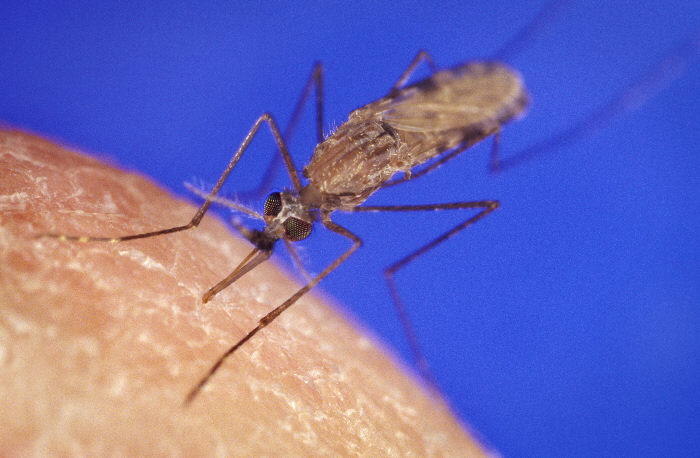
CRISPR-gene drive safely kills mosquitos
A new gene drive can cause the complete collapse of caged malaria-carrying mosquito populations, researchers from Imperial College report in Nature Biotechnology.
Gene drives are built to spread specific genes throughout a population within a few generations by biasing inheritance of the genes in offspring. In mosquitoes, CRISPR-based gene drives can transmit specific genes to 99% of offspring, compared to the 50% transmission rate expected for regular genes. A gene drive designed to reduce female mosquito fertility was previously shown to spread in caged insects and reduce the size of their population. However, follow-up experiments found that the mosquitoes eventually developed resistance to the gene drive, which prevented further spread, meaning that that particular strategy would not work in the wild to eliminate mosquitoes.
Crisanti and colleagues report a new CRISPR-based gene drive designed to target the highly conserved sex-determination pathway in the malarial mosquito Anopheles gambiae. They find that the gene drive spreads rapidly in caged mosquitoes without them developing resistance. This causes a complete population collapse, which has not been achieved before. The authors conclude that the rapid and complete spread of this gene drive, together with the absence of resistance, make confined field trials a realistic next step.


 SANOFI
SANOFI
 Microbiotica
Microbiotica